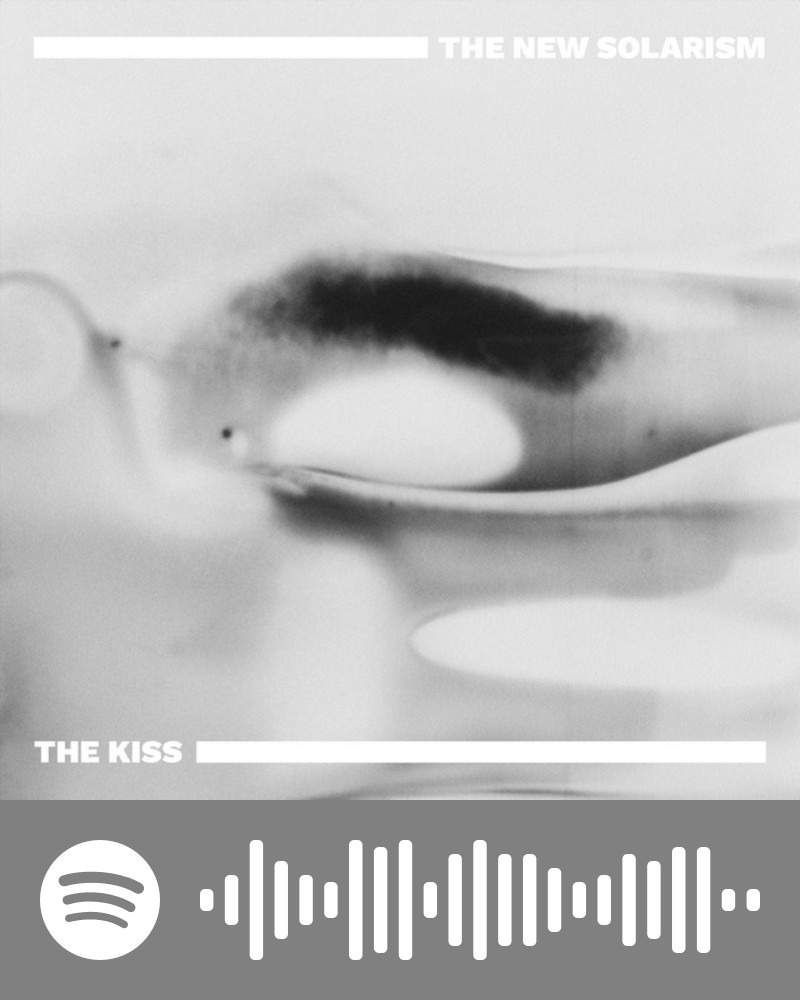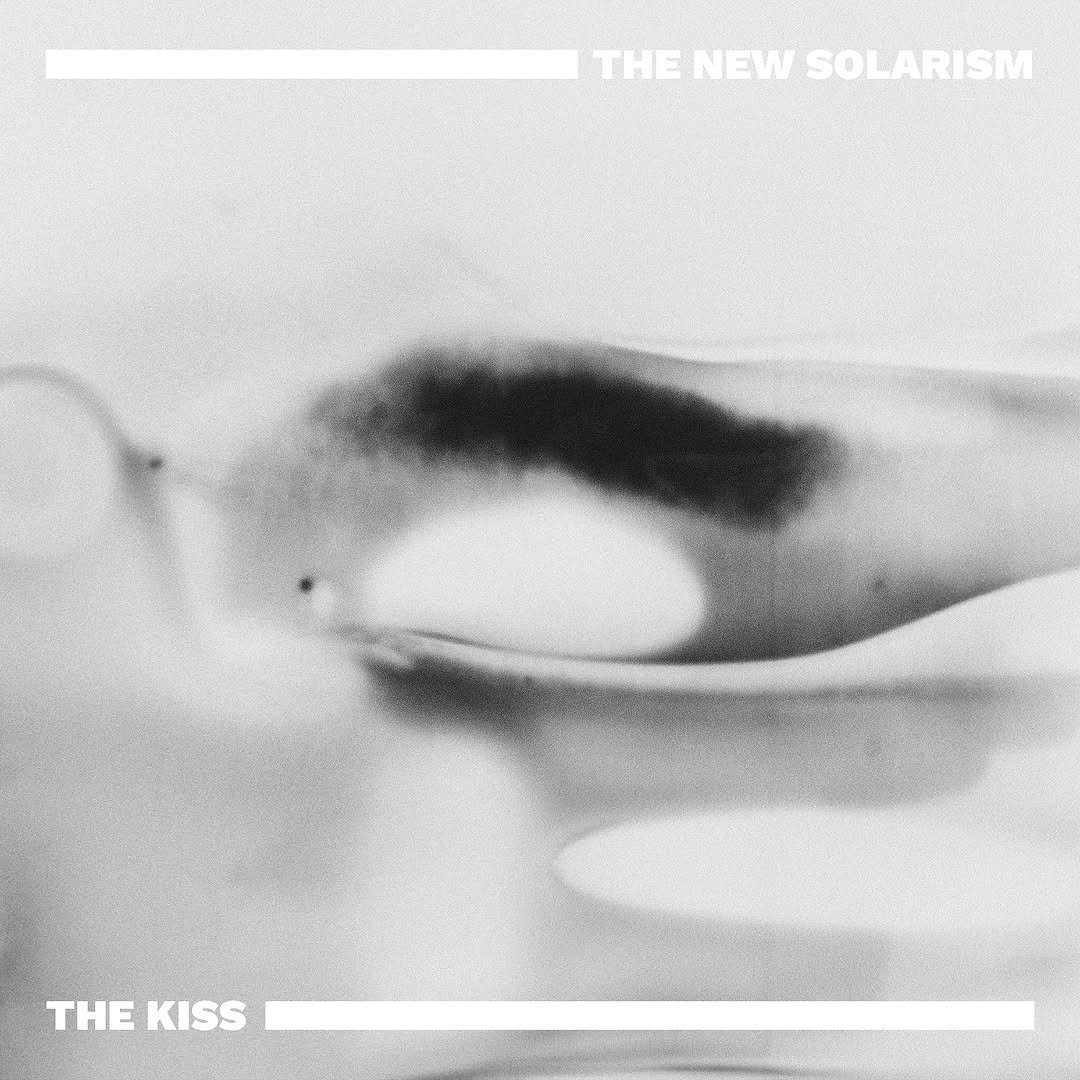‘The Kiss’ has an honesty to it that’s haunting, raw, and intimate. It’s not an album in the traditional sense. More like a journal, an open book; a diary told in sound rather than words. The pieces come from deep within violinist Izabela Kałduńska, where her classical foundation meets a contemporary, minimalistic sensibility. It’s music as intentional and considered as it is cathartic and unbridled, music made on her own in seclusion yet with space in mind. Opening piece “Shock” snaps into being in a flash of white noise and distortion. Immediate and disorientating not through volume but through a tension in the sound, a violence in the stretching of the violin in unfamiliar directions, like a sharp intake of breath, a gasp—the way your heart sounds after a missed beat. “Being Lost” eases the volume while expanding on the pain. There’s a sense of floating through the piece, of the violin meandering blindly through an impenetrable fog, an aimless drift through something so indistinct that it doesn’t know which way to go. Echoes and loops stretch the space. “Fear” isn’t loud. But it doesn’t have to be. The piece shivers, a timidity in its repetitions, an edge to the vibration of the sound. Slow, quivering bowing, multilayered effects, and a slow-building anxiety add to the sense of holding one’s breath.

“Uncertainty” loops uncertainly, like a nervous question mark. Between extremes of calm and turbulence, it shuffles with hesitation, neither beginning nor ending quite falling into place to ground you. “Spring” is a moment of respite. It’s the warmth in your cheeks, the sudden awareness of the sun when you step outside after a particularly long run of dark days, the wash of vitamin D in the light on your skin. But it’s not too bright, still quiet. “The Search” is kinetic. Loops cycle with a feeling of footsteps, insistent, metered; the theme more languid, like pulling on a thought and pulling it taut with searching. “Grief” is the aching weight of notes like water droplets hitting the ground, deliberate but heavy with a mournful weariness. It bears no need to explain itself. “Rage” comes like the corner in a winding road. This is where the instrument becomes more distorted, more visceral, where the violin is less violin and more machine—abrupt and staccato, with a spikiness, an edge to it. It’s the sound of not being able to hold it in anymore.
“Peace” enters hesitantly, like the tentative conclusion to a shouting match that’s lasted too long, both parties battered, bruised, and humbled. You can almost hear the care of the spaces between, of each delicate portamento. It doesn’t suggest all has been resolved. It simply rests. “The End” is an elegant resolution. The final piece is an echo of the experience as a whole, a gentle, understated theme that gives everything that came before a sense of closure. In its finality, there is acceptance. The beauty of ‘The Kiss’, though, lies in the fact that it’s so deeply personal, so vulnerable. Composed, recorded, and layered all by herself using only violin, effects, and loops, Izabela created the album largely on her own, recorded in Leipzig, Germany in the winter of 2020-2021. Leipzig, a city so steeped in classical tradition as to be unforgiving of anything less, and yet somehow something new is born here. It’s also a city that Izabela herself is tied to in ways both deeply personal and profound, and so the spirit of the city is very much part of what shapes the experience. The project itself was the result of a remote collaboration with Theatre Kosmonaut during lockdown, where the two aspects of solitude and connectedness collided, and the sound diary concept was born. It’s important to remember that this music was made for music’s sake. There’s a clarity in the compositions because it’s only trying to be itself. It doesn’t need to be tied to or rationalised by words, because it is. It’s emotion in its many forms: quiet, loud, raw, lost, found, made audible.
Follow The New Solarism on Spotify, Bandcamp, YouTube and Instagram. Also Visit her Official Website
